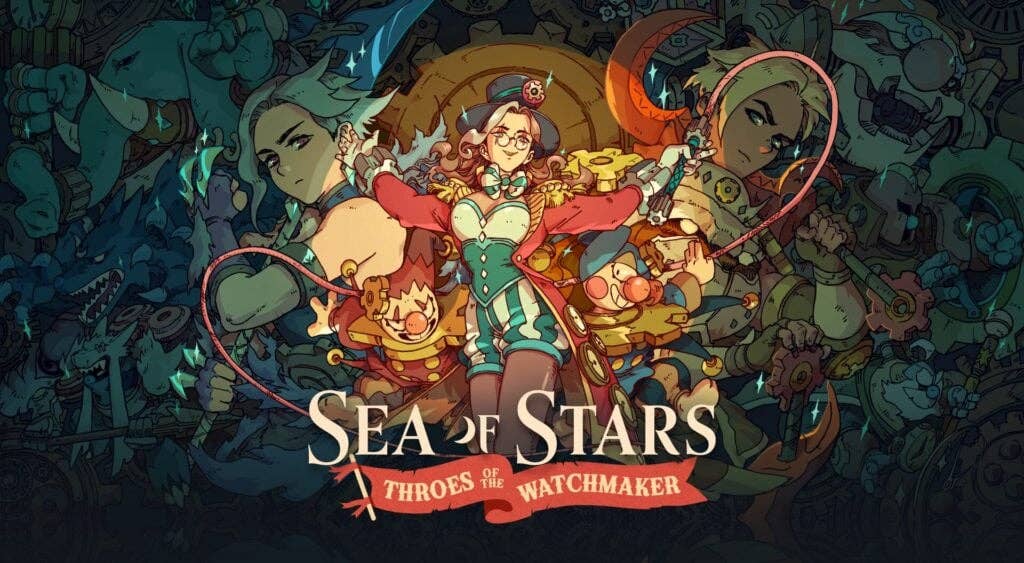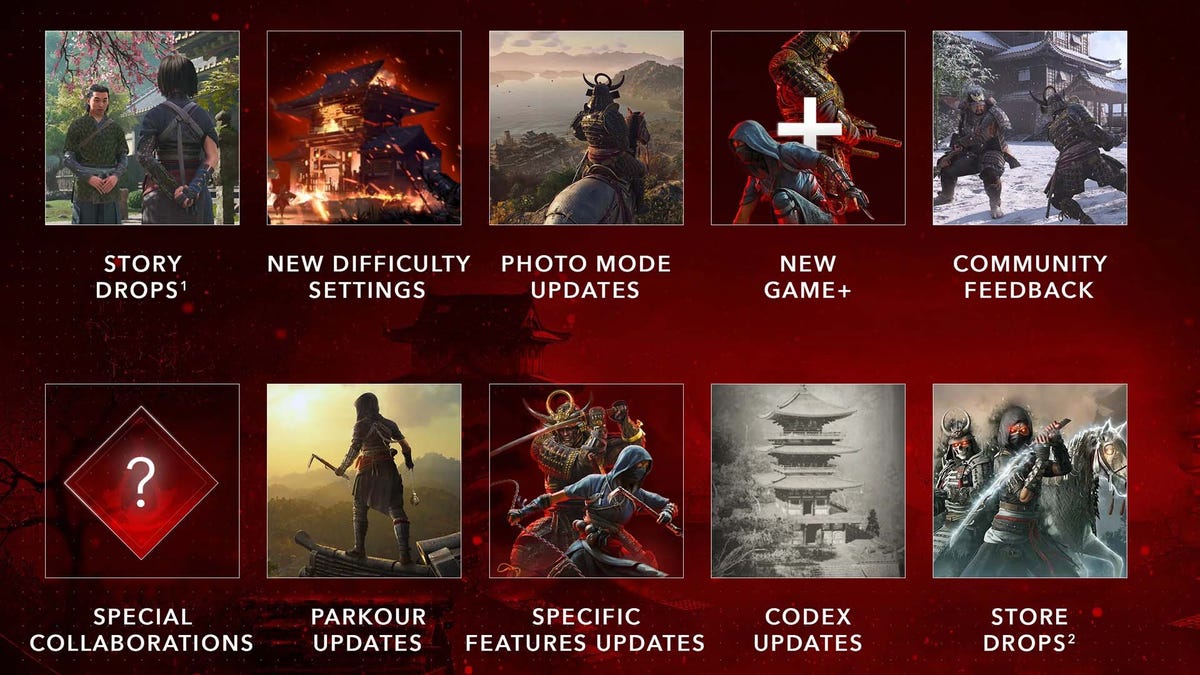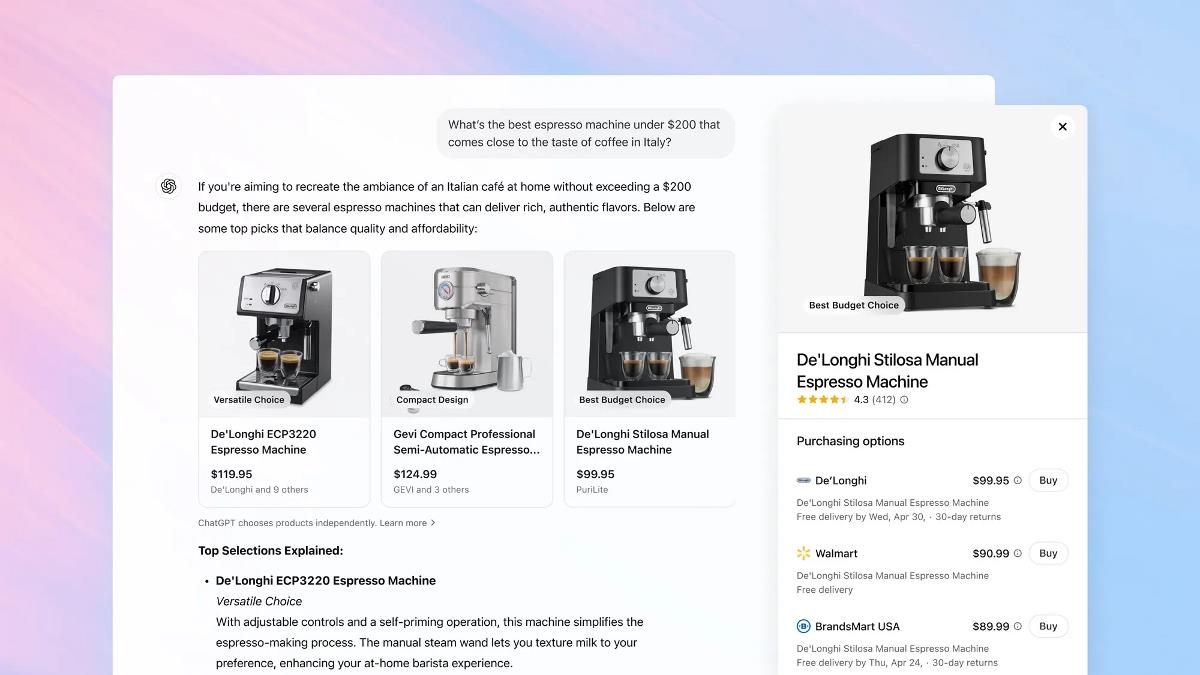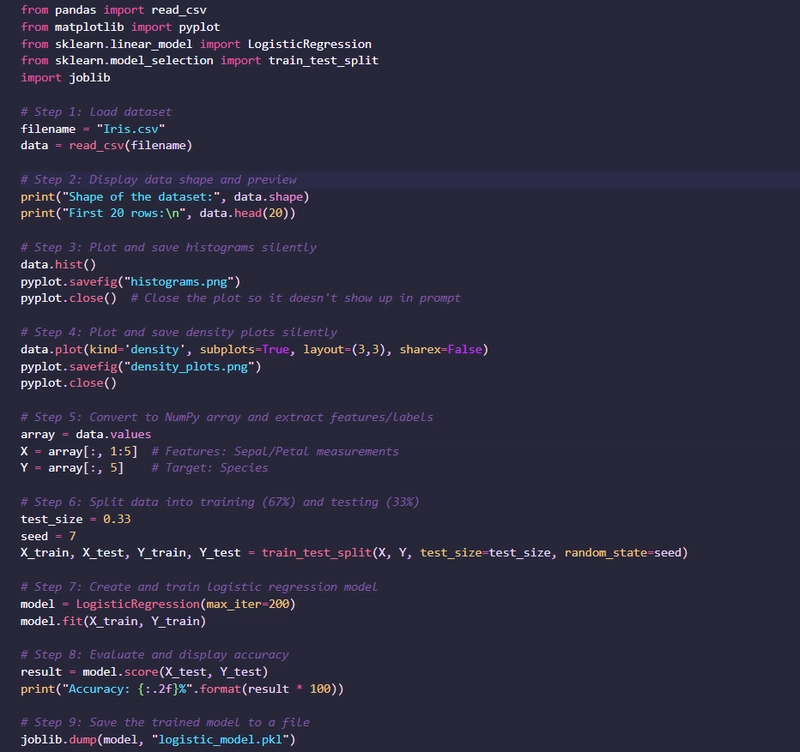Bugs Fuel Open-Source Community
Note: this post is kind of a satire. Kind of. During the last 10 years I was driving the development of Centrifugo, an open-source real-time messaging server. I've spent years building, maintaining, and obsessing over this project — and in that time, a thought has kept creeping into my brain: What if... having more bugs actually leads to a better community? The Cost of “Too Perfect” Here’s where it gets real. Let me point to a recent story from the folks behind NATS, a popular open-source messaging system. They announced plans to move to the BUSL license, and in doing so, they shared this quote that really stuck with me: “Paradoxically, improved stability, extensive documentation, and exemplary reference architectures have led some organizations to discontinue financial support, even when relying heavily on the software in mission-critical environments.” What they were saying is that: They made the software too good — and corporations stopped supporting it financially. Sometimes, paradoxically, a little bit of messiness helps. Reading this pushed me to write this post as I was thinking about something like this many times. Could it be that after so many years of development, the reason I haven’t built a truly vibrant and active community around the project is that I didn’t introduce enough bugs or mess? Of course, there are many factors at play (I think I know some that have held back community growth in my case, but they’re too boring to share here). Still, maybe I’ve been too focused on making the software perfect? So: The more bugs your project has, the more opportunities it creates for collaboration, conversation, and contribution. Sounds wrong? And yet, maybe… it’s also right in its own weird way? Let’s explore. Bugs Create Contribution Pathways New contributors often want to help, but don't know where to start. Writing new features or touching the core logic feels intimidating. But bugs? Bugs are like open quests. Mini-challenges. Real-world puzzles that need solving. When projects label bugs with good first issue, help wanted, or needs investigation, they create on-ramps for new contributors. Bugs give people a way to start small, make a difference, and level up. Bugs Spark Human Interaction Bug reports aren’t just technical artifacts — they’re social interactions. People come in with issues, others respond with insights or fixes. Maintainers jump in. Newcomers chime in. Ideas are exchanged, solutions are born. Without bugs, a project can feel eerily quiet. With bugs, there’s dialogue. And dialogue builds community. Bugs Reveal What Actually Matters You may think Feature X needs polishing, but it turns out everyone is struggling with a crash in Feature Y. Bugs act like a prioritization algorithm driven by actual pain points. They shine a light on what people are really using — and where the friction is. Bugs Are Feedback, Not Failure In open-source, silence is scarier than complaints. When people take the time to report bugs, it means they’re using your software — and they care enough to help improve it. That’s not failure. That’s engagement. Every bug report is a sign that someone found value in what you built. Final Thoughts I’m not actually telling to write buggy software (or am I?

Note: this post is kind of a satire. Kind of.
During the last 10 years I was driving the development of Centrifugo, an open-source real-time messaging server. I've spent years building, maintaining, and obsessing over this project — and in that time, a thought has kept creeping into my brain:
What if... having more bugs actually leads to a better community?
The Cost of “Too Perfect”
Here’s where it gets real. Let me point to a recent story from the folks behind NATS, a popular open-source messaging system. They announced plans to move to the BUSL license, and in doing so, they shared this quote that really stuck with me:
“Paradoxically, improved stability, extensive documentation, and exemplary reference architectures have led some organizations to discontinue financial support, even when relying heavily on the software in mission-critical environments.”
What they were saying is that:
They made the software too good — and corporations stopped supporting it financially. Sometimes, paradoxically, a little bit of messiness helps.
Reading this pushed me to write this post as I was thinking about something like this many times.
Could it be that after so many years of development, the reason I haven’t built a truly vibrant and active community around the project is that I didn’t introduce enough bugs or mess? Of course, there are many factors at play (I think I know some that have held back community growth in my case, but they’re too boring to share here). Still, maybe I’ve been too focused on making the software perfect?
So:
The more bugs your project has, the more opportunities it creates for collaboration, conversation, and contribution.
Sounds wrong? And yet, maybe… it’s also right in its own weird way? Let’s explore.
Bugs Create Contribution Pathways
New contributors often want to help, but don't know where to start. Writing new features or touching the core logic feels intimidating.
But bugs? Bugs are like open quests. Mini-challenges. Real-world puzzles that need solving.
When projects label bugs with good first issue, help wanted, or needs investigation, they create on-ramps for new contributors. Bugs give people a way to start small, make a difference, and level up.
Bugs Spark Human Interaction
Bug reports aren’t just technical artifacts — they’re social interactions.
People come in with issues, others respond with insights or fixes. Maintainers jump in. Newcomers chime in. Ideas are exchanged, solutions are born.
Without bugs, a project can feel eerily quiet. With bugs, there’s dialogue. And dialogue builds community.
Bugs Reveal What Actually Matters
You may think Feature X needs polishing, but it turns out everyone is struggling with a crash in Feature Y.
Bugs act like a prioritization algorithm driven by actual pain points. They shine a light on what people are really using — and where the friction is.
Bugs Are Feedback, Not Failure
In open-source, silence is scarier than complaints.
When people take the time to report bugs, it means they’re using your software — and they care enough to help improve it. That’s not failure. That’s engagement.
Every bug report is a sign that someone found value in what you built.
Final Thoughts
I’m not actually telling to write buggy software (or am I?































![[Free Webinar] Guide to Securing Your Entire Identity Lifecycle Against AI-Powered Threats](https://blogger.googleusercontent.com/img/b/R29vZ2xl/AVvXsEjqbZf4bsDp6ei3fmQ8swm7GB5XoRrhZSFE7ZNhRLFO49KlmdgpIDCZWMSv7rydpEShIrNb9crnH5p6mFZbURzO5HC9I4RlzJazBBw5aHOTmI38sqiZIWPldRqut4bTgegipjOk5VgktVOwCKF_ncLeBX-pMTO_GMVMfbzZbf8eAj21V04y_NiOaSApGkM/s1600/webinar-play.jpg?#)






































































































































![[The AI Show Episode 145]: OpenAI Releases o3 and o4-mini, AI Is Causing “Quiet Layoffs,” Executive Order on Youth AI Education & GPT-4o’s Controversial Update](https://www.marketingaiinstitute.com/hubfs/ep%20145%20cover.png)













































































































































































































































































































































































![Google Home app fixes bug that repeatedly asked to ‘Set up Nest Cam features’ for Nest Hub Max [U]](https://i0.wp.com/9to5google.com/wp-content/uploads/sites/4/2022/08/youtube-premium-music-nest-hub-max.jpg?resize=1200%2C628&quality=82&strip=all&ssl=1)













![New Hands-On iPhone 17 Dummy Video Shows Off Ultra-Thin Air Model, Updated Pro Designs [Video]](https://www.iclarified.com/images/news/97171/97171/97171-640.jpg)
![Apple Shares Trailer for First Immersive Feature Film 'Bono: Stories of Surrender' [Video]](https://www.iclarified.com/images/news/97168/97168/97168-640.jpg)





































































































